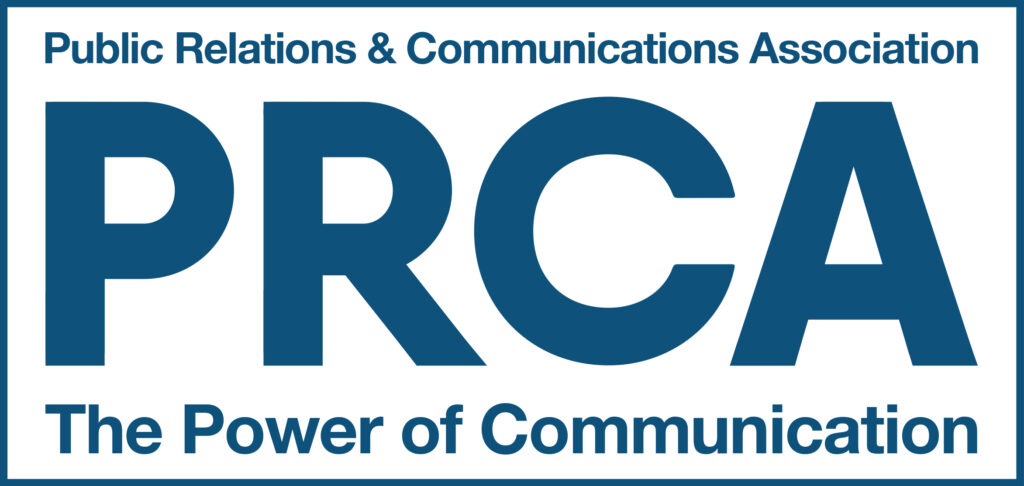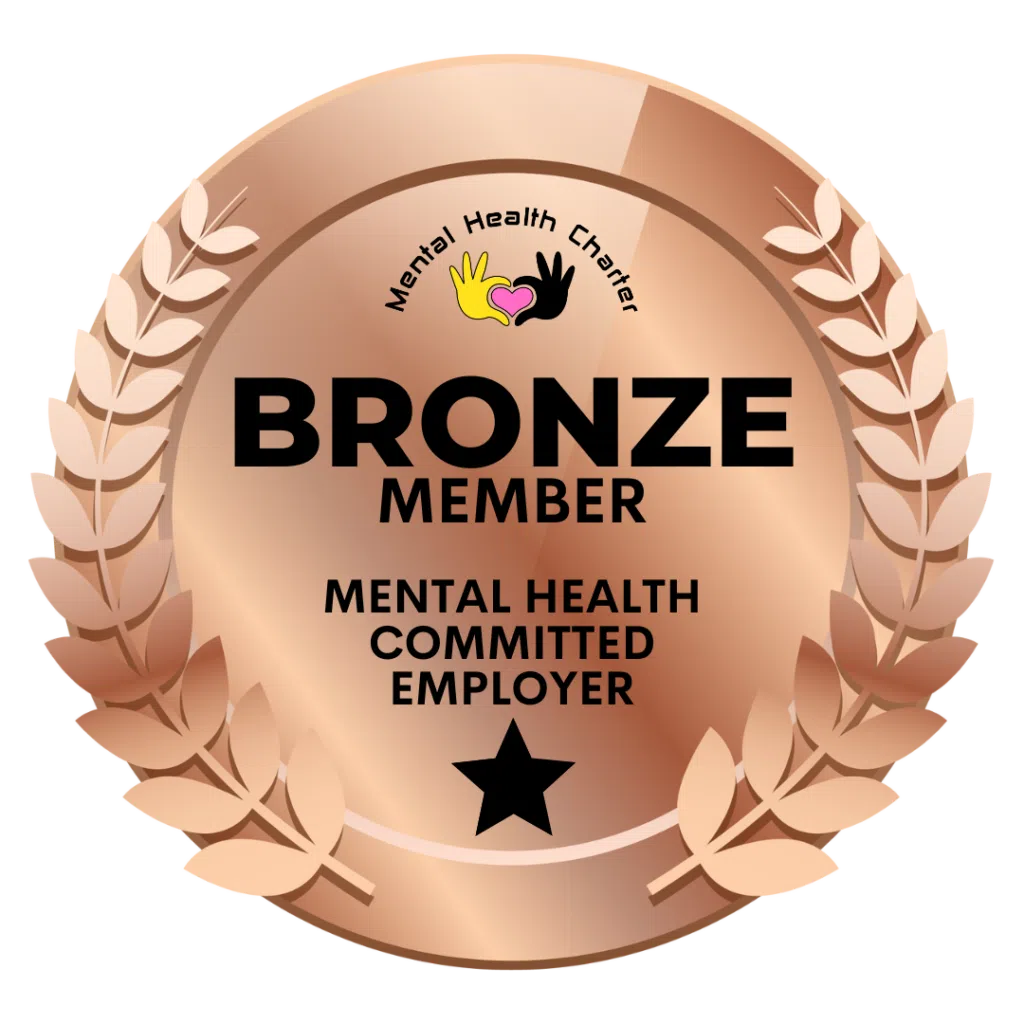
With over 20 years’ experience as an agency leader Mandy Brooks has built brookscomm from the ground up, gaining a wealth of knowledge on how having high standards within your company can lead to long lasting business success.
We sat down with Mandy to ask her some questions about how to establish and maintain high standards for the benefit of your customers, and how this can be put into practice to make a real difference across all elements of business.
Where does your commitment to high standards come from?
A phrase that my parents always said to me growing up was: “If a job is worth doing, it’s worth doing well”. It’s encouraged me to have high standards and has stayed with me. Now I realise it’s shaped my approach to most things in life, including business.
The question isn’t just around why we choose to focus on getting the best quality in business, but also how. The ‘why’ is clear – we want to put our best foot forward and in a business environment, we know that this is the way to offer the best service to our customers. It’s the ‘how’ that takes a little more work.
What can be a barrier to businesses maintaining such high standards?
If you speak to any business leader, they will undoubtedly say that they want high standards. We all do. But often the focus is put more on practical details. It is far more a state of mind than it is in the logistics like how people work, or who is working and when.
There’s a lot of misconceptions out there – perhaps that enabling people to work remotely or part-time means they’re not working as hard or to a high standard, or that if you take a lean approach to your business your quick decisions may be ‘knee-jerk’, which compromise your output. But that’s not the case; in fact, in some scenarios it can even be the opposite of what you’d expect. Working smarter and staying agile means you’re quicker with your processes or working setup, not dropping on your quality.

What are some of the best ways to focus on quality within an organisation?
If high standards are lived and breathed, then the concept is always at the top of your mind. It’ll shape all your decisions, from recruitment and processes through to strategy and business development.
By committing to excellence in your industry, you’re able to provide the best possible service for your clients or customers. Explore new qualifications, make it a priority to stay up to date with latest trends impacting your market, invest in training for your team and stay in touch with likeminded contacts in your industry. This way you can offer accurate and reliable consultancy to your clients and understand your position in the market that much better, helping you finetune your offering too.
What can industry leaders do to drive higher standards?
The CIPR (Chartered Institute of Public Relations) is on a mission to develop a level of excellence for our industry, bringing a new level of rigour for PR professionals through its qualifications, events, training and other CPD related activities. I’m playing a role in helping them develop this by operating as a Chartered PR Client Advisor, which means organisations can request support from the CIPR to appoint either an external agency or recruit a communications member of staff.
It’s great to see that through programmes like the CIPR’s Client Advisory service, organisations are committed to maintaining high standards and are bringing in expertise to help with that. By applying the same rules to communications as they do to any other element of the business, leaders can focus on getting value for money and stay focused on maintaining a high-quality standard for customers.








